In Conversation: Maev Beaty
Returning to the character of Katherine Parr in The Last Wife at Soulpepper—a part she originated at Stratford in 2015—has made Maev Beaty consider the role an actor has in shaping new plays. They’re a big part of her work: over half the shows she’s acted in have been new Canadian plays, including Bunny, which premiered at Stratford last summer. We sat down with Maev to hear her thoughts on collaborating with playwrights, whether actors are co-creators, and one special section of her bookshelf.
The muse and the masterpiece
I made a show a few years ago called Montparnasse, co-created with Andrea Donaldson and Erin Shields. One of the central questions we were asking with the show was does the woman in a masterpiece—the model—affect the masterpiece? Does the fact that it’s that particular woman who Modigliani painted contribute to it being a masterpiece? Or could it be any woman? These questions triggered me asking: How does the actress playing the lead part in a new play affect the writing or the audiences’ experience of it?
On working with The Last Wife playwright Kate Hennig and Bunny playwright Hannah Moscovitch
Both Kate and Hannah are playwrights who, you’ll sit in a room with them, and you can say, “Do you know what part I don’t get in the story?… This, this, this.” And maybe you’ll say, “I think it could use… blue, red, and green.” You think the writer’s going to go away and come back with blue, red, and green. But these two writers are perfect examples of people who come back— and this is where art happens, because they come back with something plaid and on fire.
It’s their vision and their voice. And they understand more than we, as actors, could ever understand from being on the inside of the path. So they do what I think of as narrative acupuncture. There have been times where I’ve come in to rehearsal and the scene… the middle has been taken out and the entire scene has been inverted, and you know it’s a really good acupuncture adjustment because everything flows. All of a sudden, where things were jammed up and blocked, now everything’s just flowing. The blood is flowing, the story is flowing, the feelings are flowing.

Maev Beaty and David Patrick Flemming in Bunny at Stratford. Photo by David Hou
How actors influence the writing of new plays
The questions I ask while in process for a new play must affect the development of the thing. I mean, Maev is going to relate to stuff that Maev is going to relate to. Some things are going to make immediate sense to me. But as much as I’m paid to be a faker, there are things I just simply cannot figure out how to fake because there’s something that doesn’t make sense… to Maev. Maybe it would to Christine Horne, or Yanna McIntosh. But to Maev, who’s playing that part at that moment, the pennies can’t drop.
I know Hannah likes to write to the actor who will play the part, if she can. The fact that it was me doing Bunny doesn’t change what Hannah’s exploring, or her storytelling intent, but her insight into me—knowing my natural ways of expressing myself or dealing with conflict, or my sense of humour or rhythms of speech—there it is on the page, and it’s being used to further her story, her exploration. It’s a bizarre feeling to read it off the page for the first time and have it almost feel like you’ve been hypnotized or Jedi–mind tricked. It’s like an eerie déjà vu that comes from someone writing for your mouth and your mind and your body and your heart: an intellectual emotional flesh puppet whose powers are being used for good.
And with Kate, she knew her cast: Joe Ziegler and I were the premiere actors for The Last Wife, as Henry VIII and Parr. Of course she’s writing somewhat to us, to what we are naturally able to lift. But now the show has had several productions across North America and here we are returning to the premiere production with the original cast and creative team. And Kate, she’s made all of these small but absolutely astute and brilliant adjustments to the text based on what she learned from having the play interpreted by several different artists, and we get to reap the benefits of that, and of all our original excavation work. Which is a win/win.

Maev Beaty and Joseph Ziegler in The Last Wife at Soulpepper. Photo by Cylla von Tiedemann
Whose vision are actors serving?
If I’m doing, say, A Midsummer Night’s Dream, which I have been in six times… Shakespeare’s dead. So the director is going to be the one saying: “This is the meaning we are going to make with this production.” But in a new play, we are primarily trying to convey the playwright’s vision, we’re trying to dramatically realize what the writer is attempting.
It’s ideal to have a director who is also a keen dramaturg, working with the whole creative team to ask the central questions and lead an exploration of the play with all the available elements. Actors are not always allowed in on that level—the interpretive, the “bigger picture.” But with most of the new plays I’ve done, I have had some access to that macro storytelling. I’ve been a core collaborator, and no doubt it has led me to be more useful.
A heightened level of risk
I’ve gotta be nimble. I’ve gotta work quick and deep. And, to be honest, I’m also consistently forced to figure out what is about my ego and what is the work: rewrites, cuts, re-ordering of scenes, shifts in intention, shifts in who’s driving the story, how buried the subtext is. Can I act that bit or do I need to say it? I love it; it lights up all the bits of my brain. Then we’re in previews and it’s the very first time any other humans are going on the journey, and everyone is bonded by risk and curiosity about whether the story is going to get across.
It’s not that most of these things don’t apply to the productions of classical text too, but the terrifying delicious unknown of it all…! Even when it comes down to line delivery. What does it mean to deliver a line from She Stoops to Conquer, which has been done millions of times, versus a line that no one has ever heard before? There is, I think, a feeling of responsibility behind it, to want to be so clear. In either job, I want to be an absolutely clear storyteller. But in the new play, I want to serve and I want to contribute and I want, in my way, to be a primary creator as well as an interpretative one.

Maev Beaty and Alan Dilworth have devoted a section of their bookshelf to the new plays they’ve worked on.
Filling the bookshelf
I’ve been in twenty-two Canadian premieres, and that feels like a contribution beyond the ephemeral and necessarily transient nature of my job. Working on new shows is a different level of satisfaction. It feels like a way different level of risk, and the whole cast and creative team is together in that risk. When I was in university I would spend hours in Theatre Books, mostly reading Canadian plays because I didn’t know any other than Never Swim Alone and Jitters, which I’d done in high school. I would linger over every artist’s name on the “original production.” And a thing I take deep pride in at this point in my career is the part of our bookshelf of plays that have my name or Alan Dilworth’s, my husband, on that page. It’s a whole section of our bookshelf now.

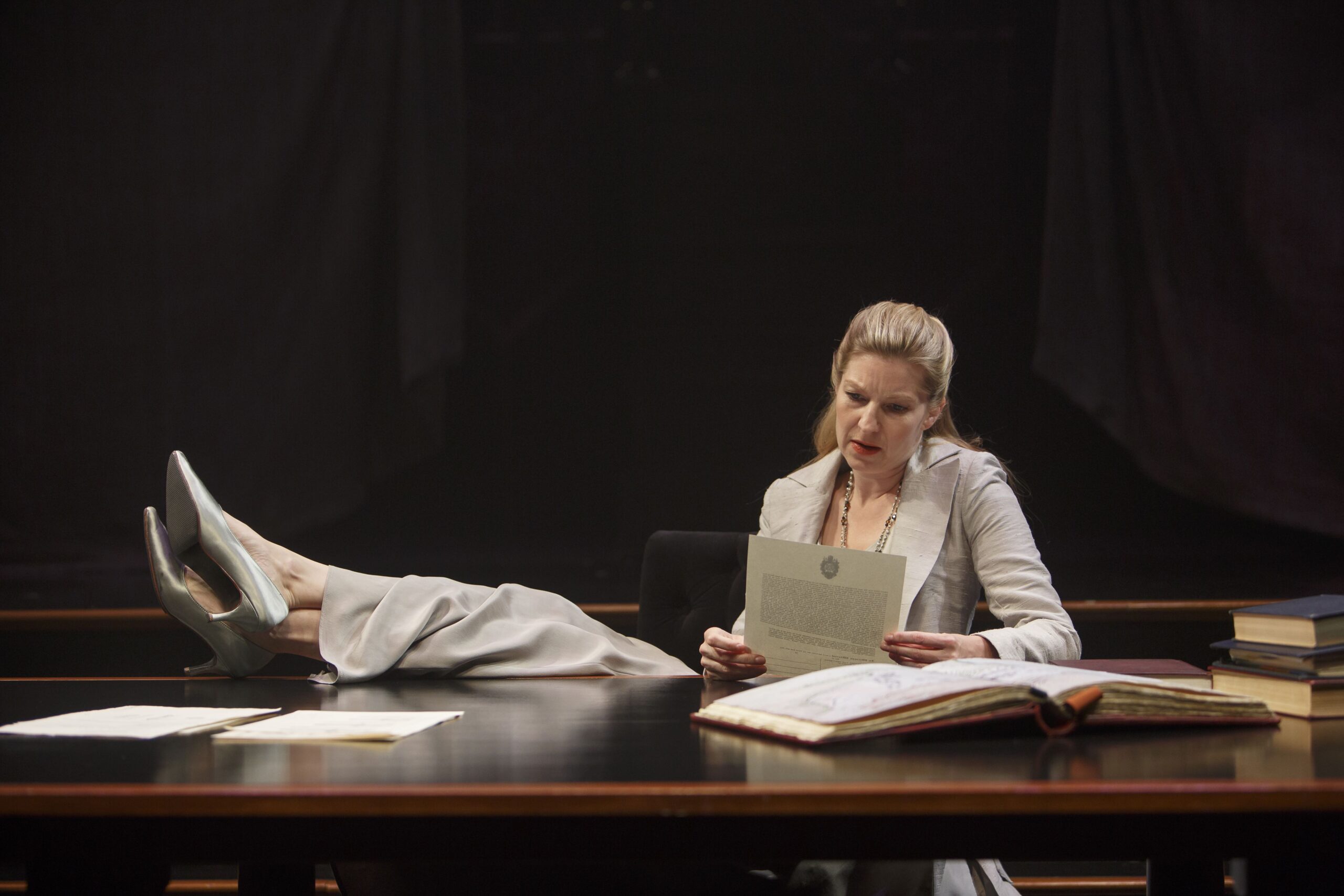

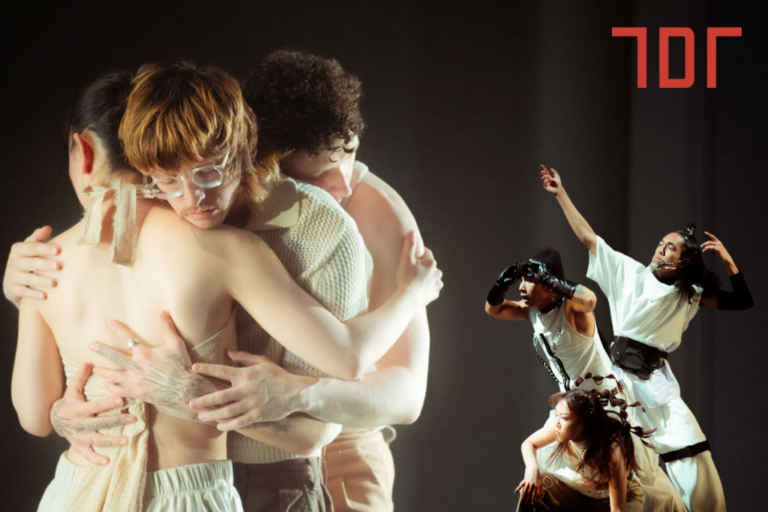
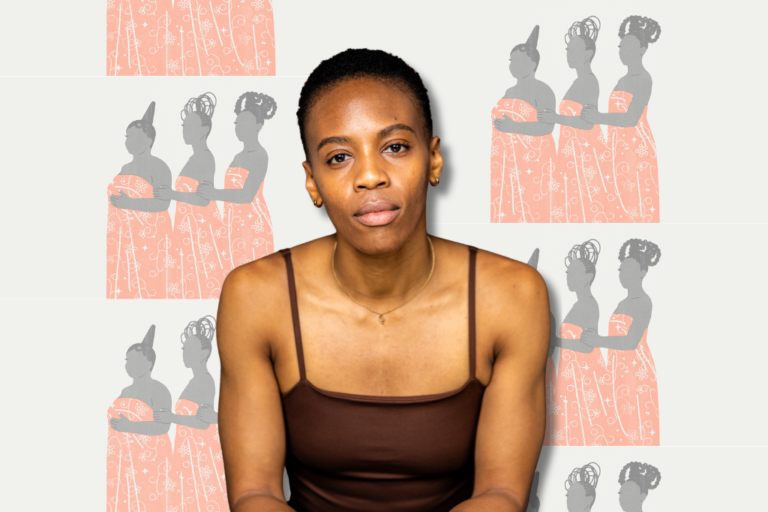
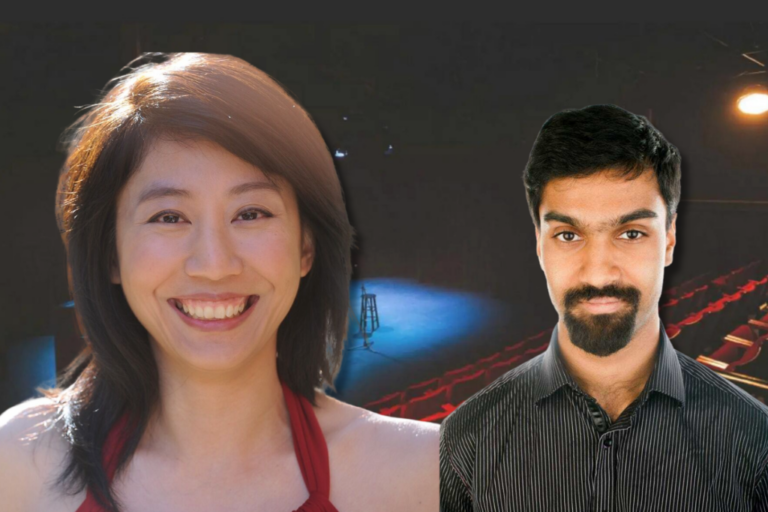
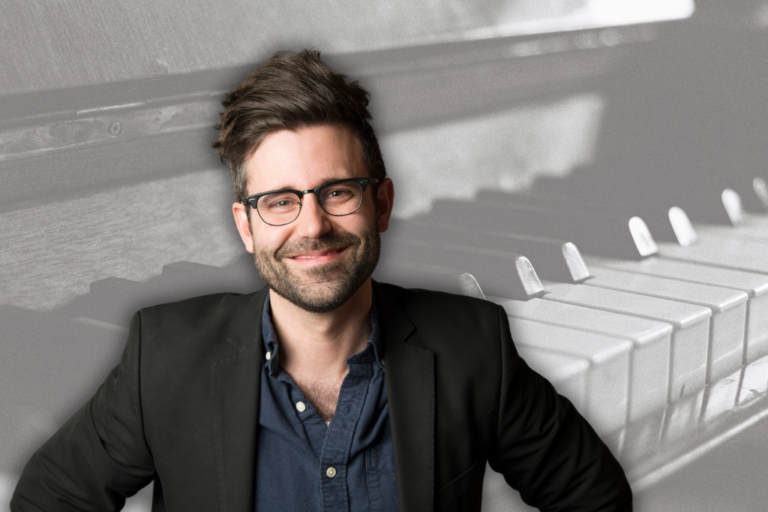

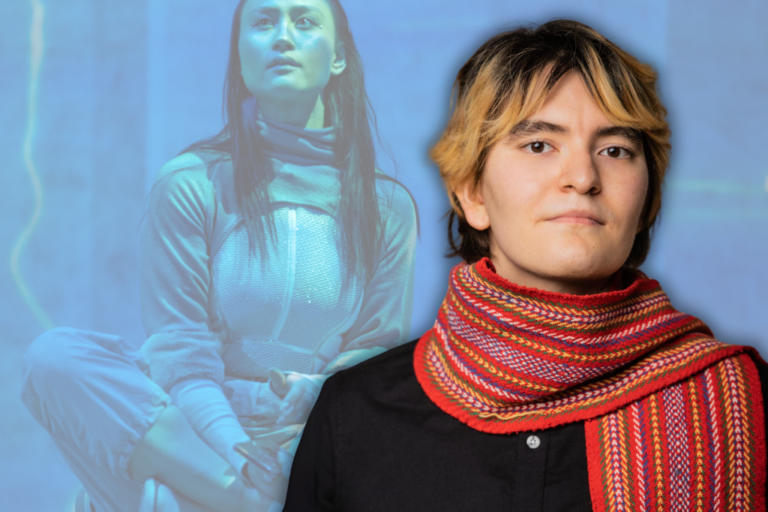

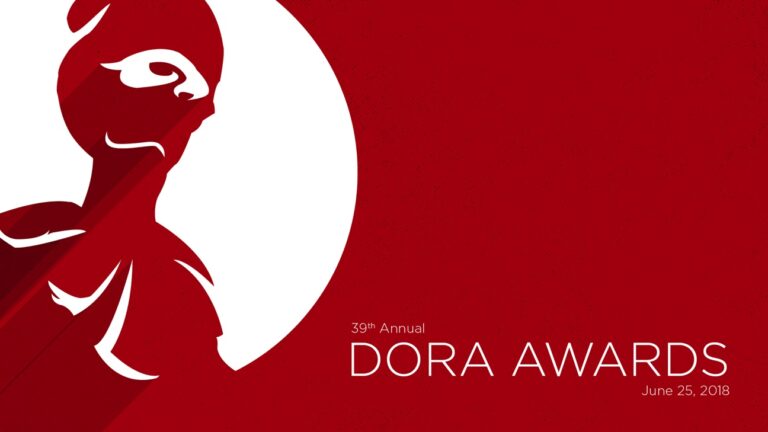
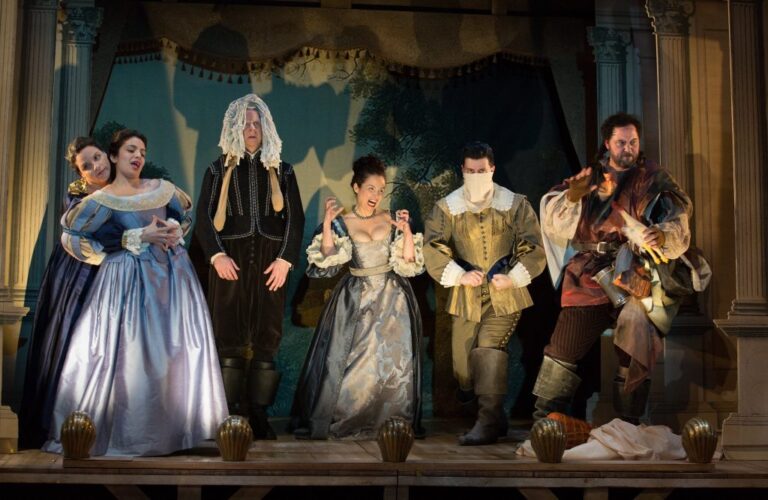

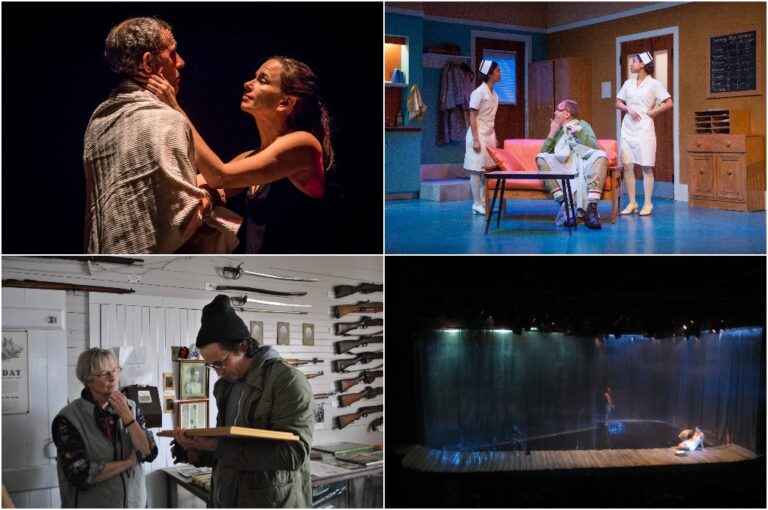
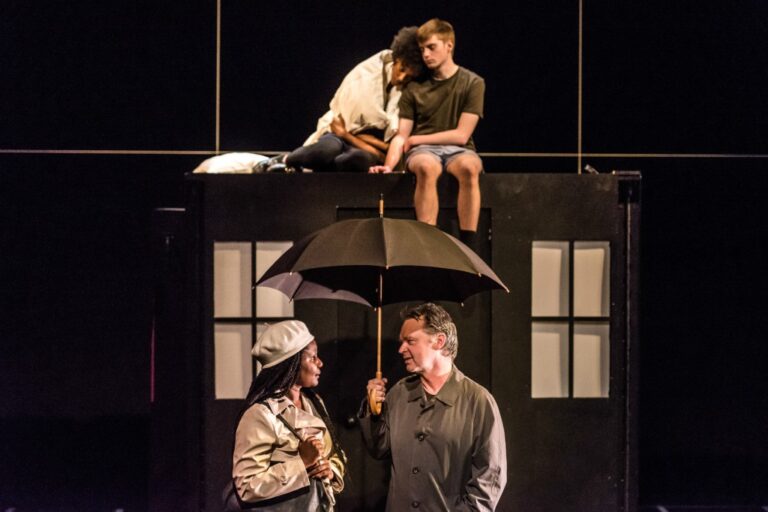
Comments